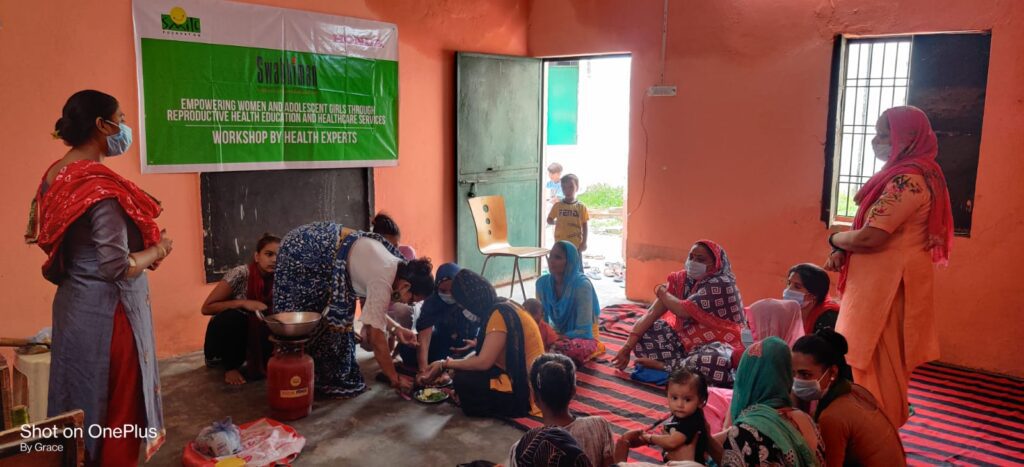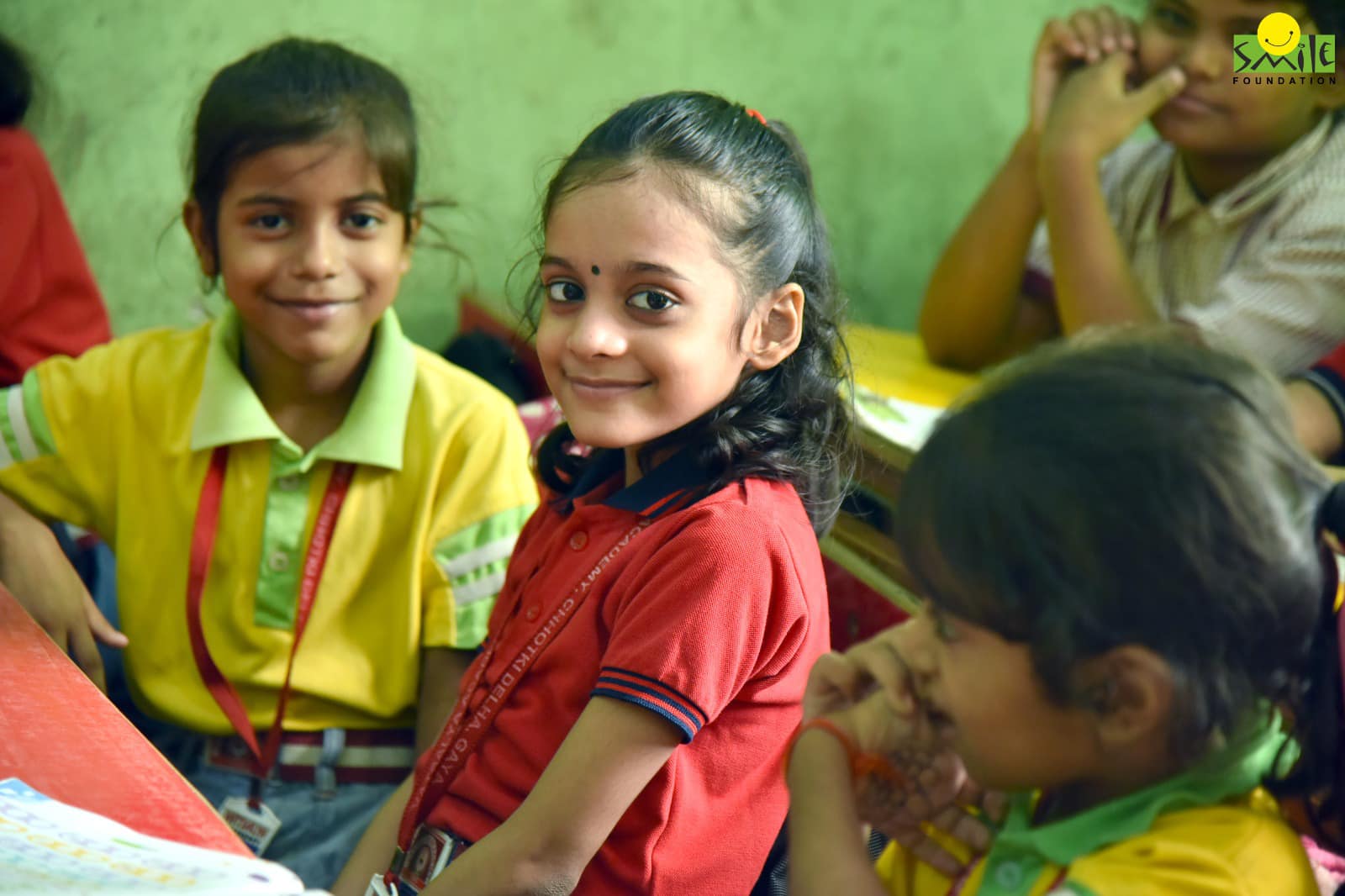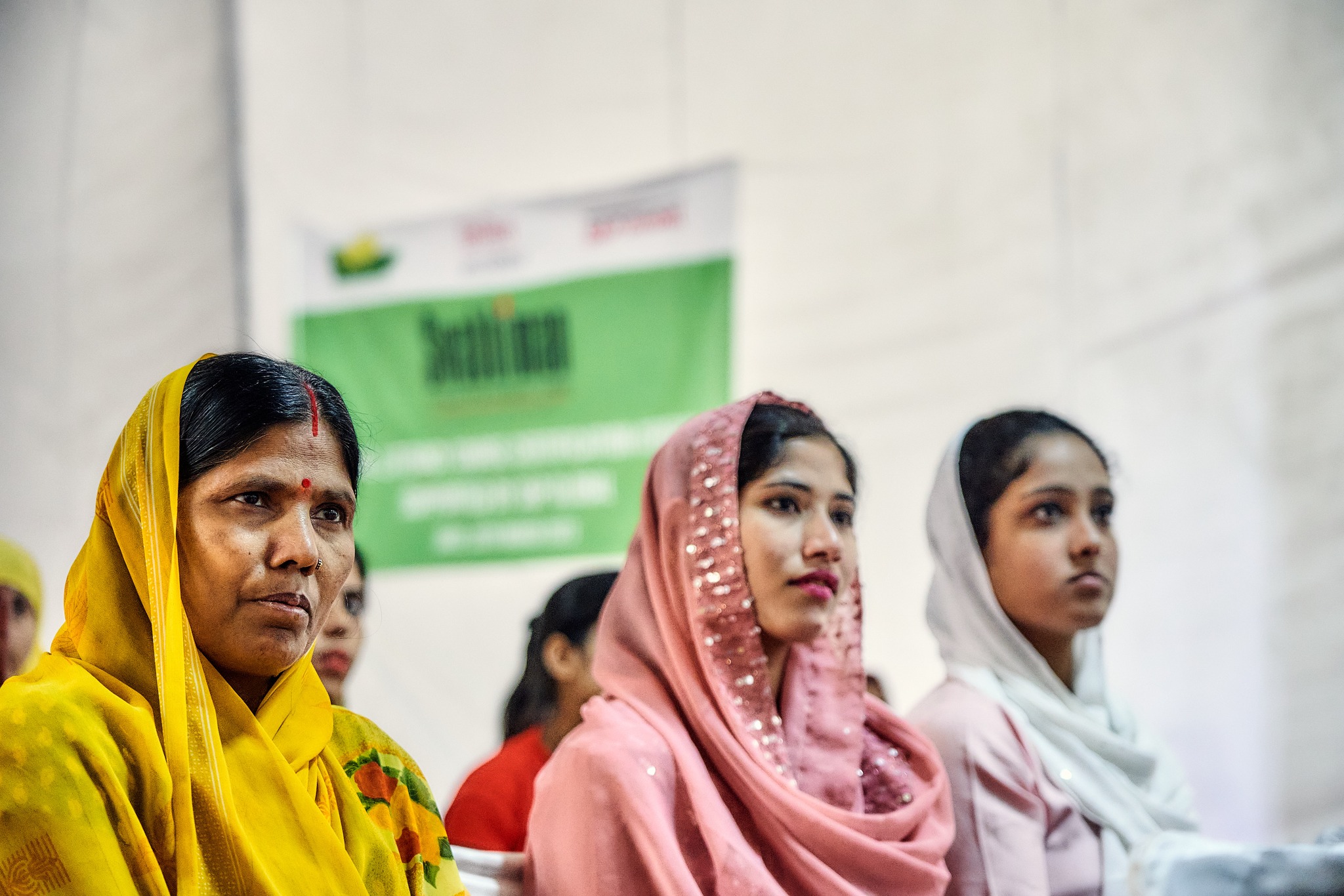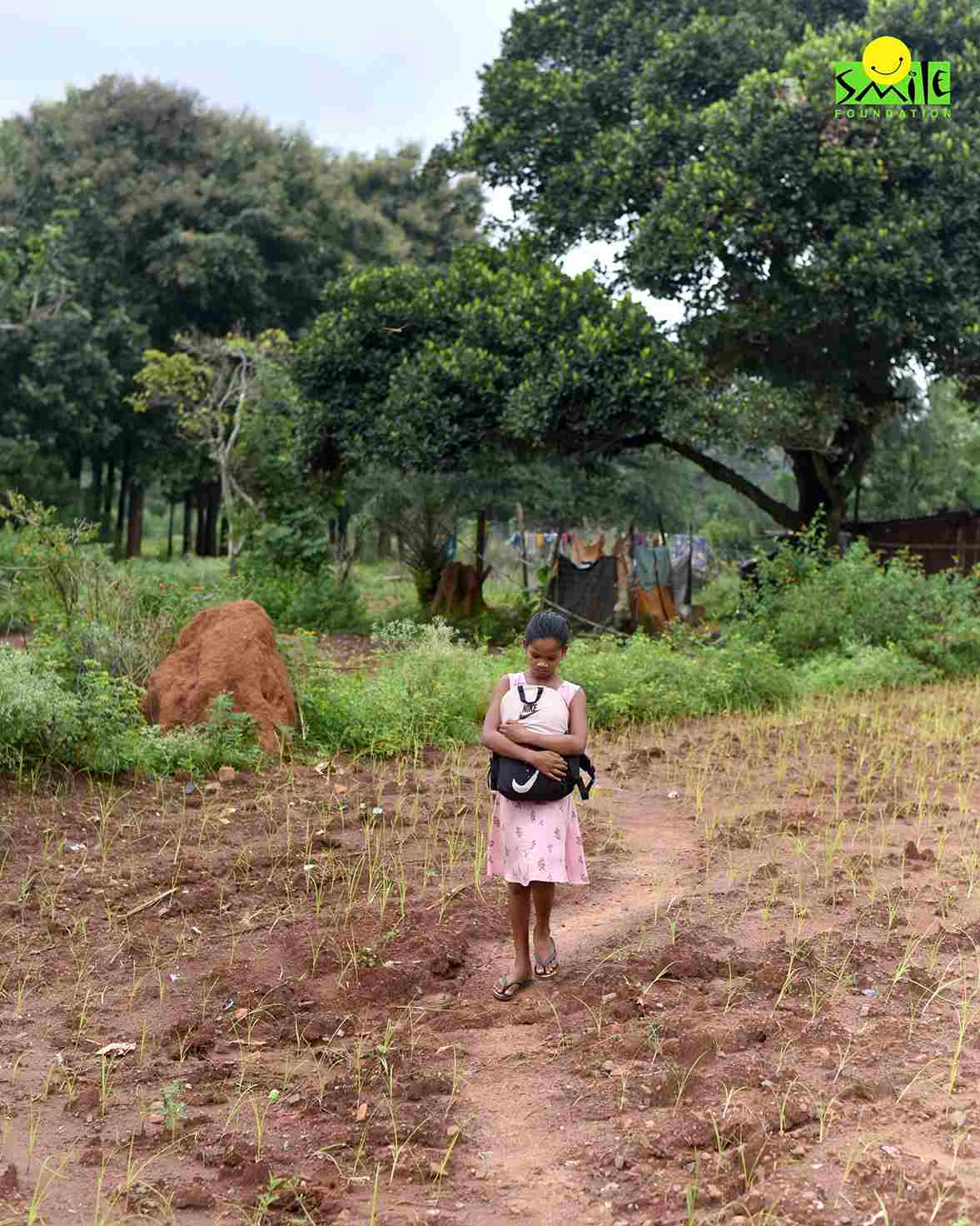Prenatal (or antenatal) care is the first step towards the good health of the mother and child. It refers to the regular medical care recommended for women during pregnancy. Prenatal care is important during pregnancy to ensure that doctors or midwives can treat any potential health problems and mitigate any avoidable health issues. It benefits both the mother as well as the baby. All women need access to prenatal care during pregnancy. Skilled care during childbirth, and care and support in the weeks after childbirth also play vital roles for the good health of the baby and mother.
What does prenatal care include?
It includes a range of measures including, but not limited to:
Monthly doctor visit during the first two trimesters (from week 1–28)
Fortnightly doctor visit from 28th week to 36th week of pregnancy
Weekly visits after week 36
Physical examinations as part of prenatal care consist of medical examination of the expecting mother as well her primary caregiver.
Ultrasounds are an important diagnostic test that must be conducted during pregnancy. As they are consideredquite safe, they are widely used to monitor the health of both mother and fetus. The ultrasound test is used to check a number of things.
Multiple fetuses
Possible risks to the mother and child
Fetal malformation (such as club foot, cleft palate, clenched fists)
To monitor the development of the fetus
Determine due date
Government interventions for prenatal care
The Government of India recommends that every pregnant woman must make at least four visits for prenatal care over the course of her pregnancy. Initiatives to improve maternal health have also been started by the government. As a result, the rate of preventable maternal death rates has gone down considerably.
As per UNICEF, the number of women and girls who die each year due to issues related to pregnancy and childbirth has dropped considerably on the global scale. There has been a 38 per cent decrease, from 451,000 in 2000 to 295,000 in 2017.
However, there still remain considerable gaps in terms of knowledge, availability of resources, and policies. There are also gaps between the urban and rural, and the rich and poor. Economic circumstances play a huge role in the access to healthcare services.
Smile Foundation’s impact through Swabhiman
The Swabhiman programme works with women of various ages and circumstances, including pregnant and lactating women. As part of this programme, we also conduct workshops, awareness campaigns, and IEC activities with small groups of women as per community requirements.
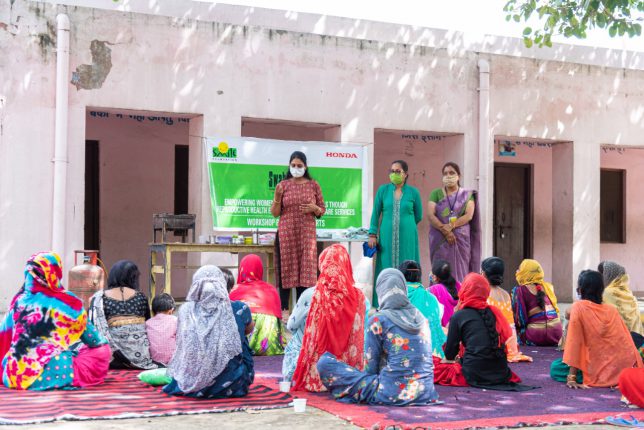
As per data collected from the intervention areas in Alwar and Greater Noida, women have very poor health indicators and cannot access government health institutes easily. The main issue for women in these communities is that they don’t understand the importance of a balanced diet for their own and their child’s health. Some of the discussions with pregnant woman revealed that they were not taking adequate diet. Based on this data, we organised a low-cost recipe demo workshop in marginalised communities of Banbeerpur and Karoli of Alwar district. Women were trained on how to make meals that are tasty as well as healthy using easily available household items.
Interventions like these help women understand why prenatal care is important for both mother and child.



